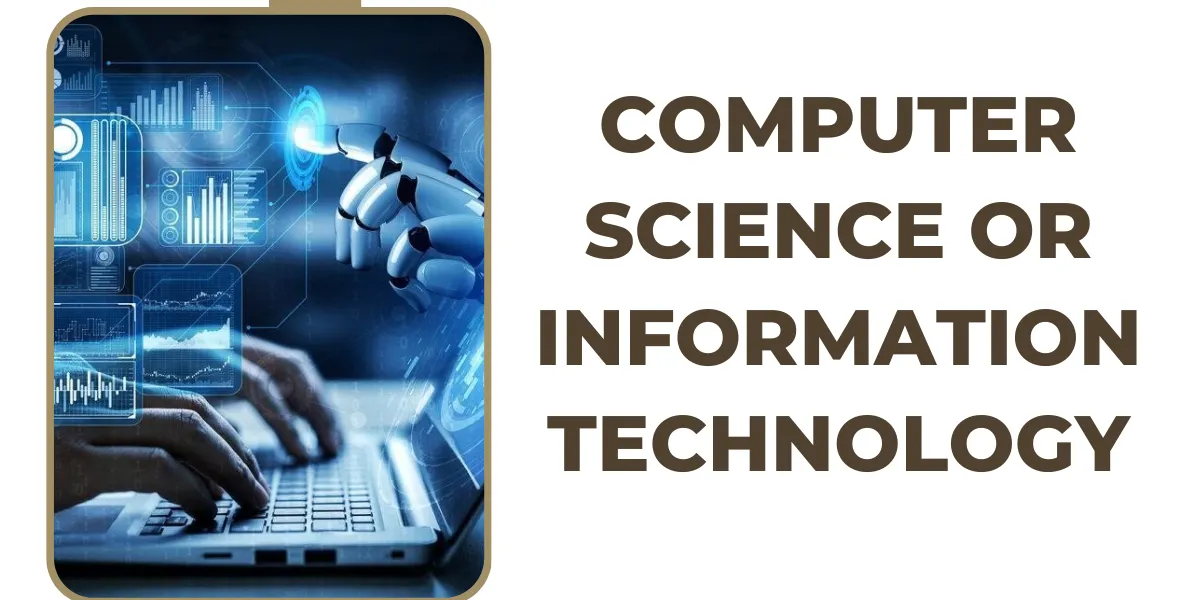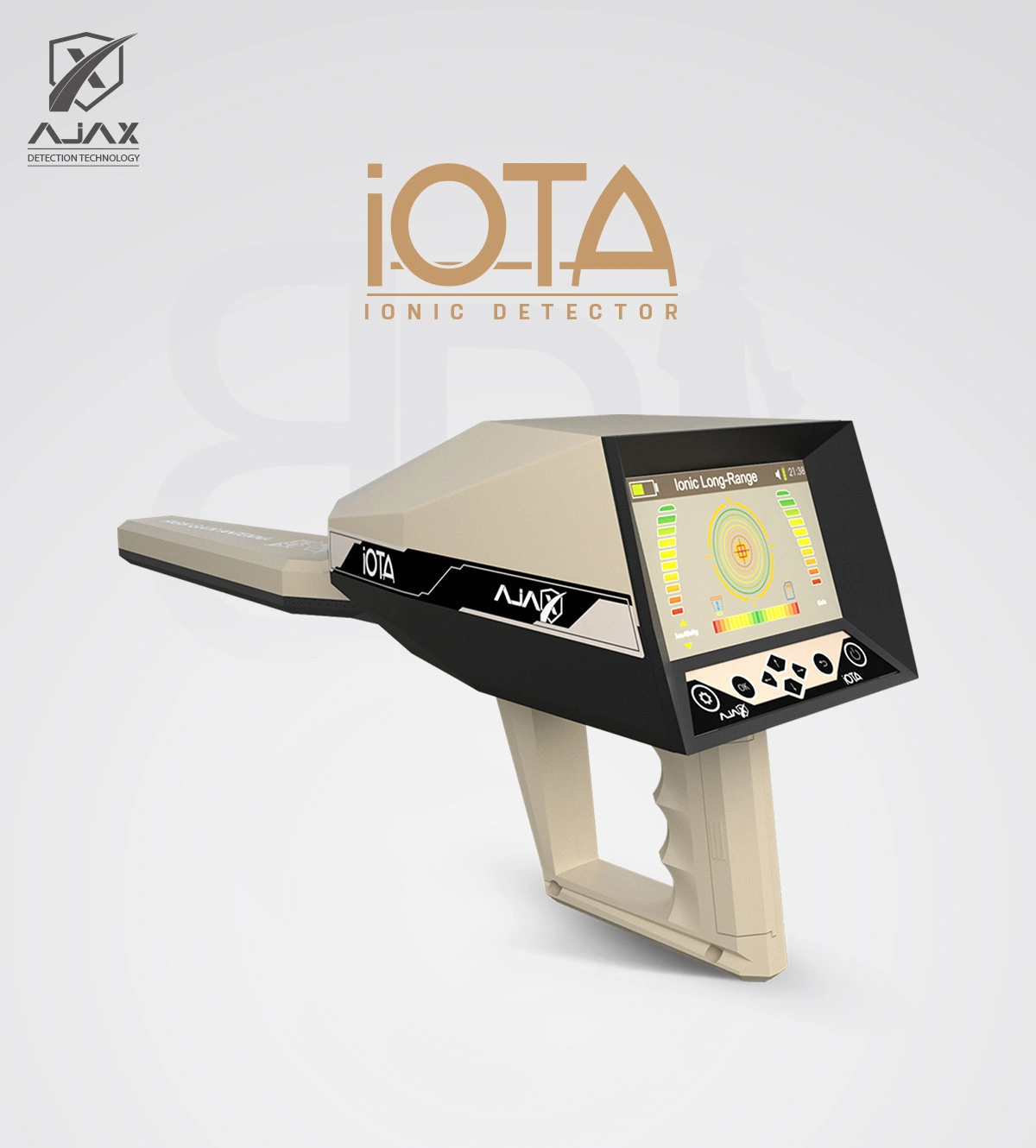Computer Science or` Information Technology: Unveiling the Distinctions and Career Paths
In the rapidly evolving landscape of technology, two fields stand out for their profound influence on society: Computer Science (CS) and Information Technology (IT). While the terms are often used interchangeably, they represent distinct areas of expertise and offer unique career opportunities.
Understanding the differences between Computer Science and Information Technology is crucial for aspiring professionals to make informed decisions regarding their academic pursuits and future career paths. This article aims to shed light on these two disciplines, highlighting their divergent focuses, core competencies, and potential career trajectories.
Computer Science: The Science behind Computing:
Computer Science is the scientific study of computation, algorithms, and the underlying principles that govern the design and development of software and hardware systems. It encompasses a wide range of topics, including programming languages, data structures, algorithms, artificial intelligence, computer architecture, and more. Computer scientists tackle complex problems by utilizing logical reasoning, mathematical modeling, and computational thinking. They strive to advance the frontiers of technology by innovating new algorithms, improving software efficiency, and developing cutting-edge applications.
Core Concepts and Skills in Computer Science:
Computer Science curriculum typically includes fundamental concepts such as programming languages (e.g., Java, C++, Python), data structures, algorithms, computer networks, operating systems, databases, software engineering principles, and computer graphics. Students are exposed to theoretical aspects like computational theory, formal languages, and complexity theory, enabling them to understand the foundations of computation.
Career Paths in Computer Science:
A Computer Science degree equips graduates with a strong foundation to pursue diverse career paths. They can become software engineers, systems analysts, data scientists, machine learning engineers, cybersecurity experts, or even researchers pushing the boundaries of artificial intelligence. Computer scientists are in high demand across industries, including technology, finance, healthcare, gaming, and more. They play a pivotal role in creating innovative software solutions, optimizing algorithms, and developing cutting-edge technologies.
Information Technology: The Application of Computing:
Information Technology revolves around the practical application of computer systems and technologies to meet the specific needs of organizations. IT professionals focus on managing and maintaining computer systems, networks, databases, and software applications to ensure efficient operations. Their primary goal is to leverage technology to enhance productivity, streamline business processes, and enable effective data management.

Core Concepts and Skills in Information Technology:
Information Technology programs emphasize practical skills and knowledge required to deploy, manage, and support computer systems. Students learn about network administration, database management, software development methodologies, cybersecurity practices, system analysis, and IT project management. The curriculum often includes courses on computer hardware, operating systems, information systems, and network infrastructure.
Career Paths in Information Technology:
Information Technology professionals find career opportunities in various domains, including IT consulting firms, government agencies, financial institutions, healthcare organizations, and more. Roles in IT may include network administrators, system administrators, IT project managers, database administrators, cybersecurity analysts, or IT support specialists. IT professionals are responsible for maintaining network infrastructure, ensuring data security, managing software applications, and providing technical support to end-users.
Computer Science and Information Technology represent two distinct but interconnected fields within the realm of technology. While Computer Science focuses on the theoretical aspects and innovation in computing, Information Technology concentrates on the practical application of computing to meet organizational needs. Aspiring professionals must carefully consider their interests, aptitude, and long-term career goals when choosing between these two disciplines. Both fields offer promising career prospects and opportunities for growth in an increasingly digital world. Whichever path one chooses, a strong foundation in technology and a commitment to lifelong learning are essential for success in either Computer Science or Information Technology.




